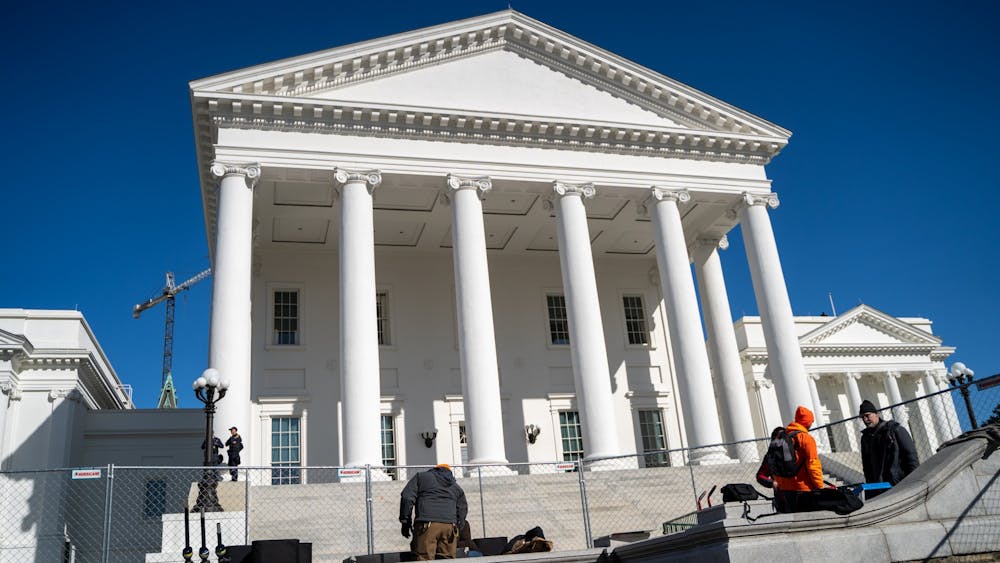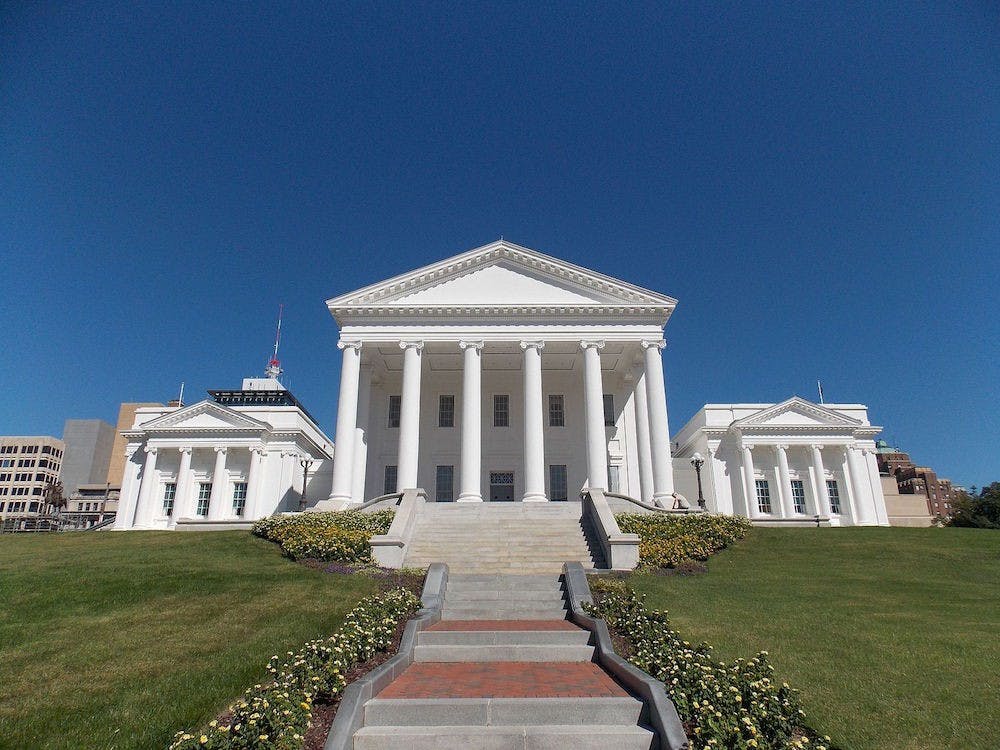The decadal redistricting process is underway following a six-month delay of the 2020 United States Census Bureau census data, which will be used by federal and state redistricting authorities in the apportionment and redrawing of legislative boundaries.
The redistricting measures, which are used in the election of state legislators and other elected positions throughout state and local government, will determine how voters are grouped together in terms of representation.
Subsequently, this has an outsized influence upon the distribution of political power across communities.
These districts are constitutionally mandated to contain equal populations within a small amount of variance in order to grant citizens consistent voting power. The creation of equipopulation boundaries at the state and local level requires precise and accurate data that connects residents to their home addresses down to the level of a city block. The data that arrived on Aug. 19 contains population counts broken down in the usual metrics, such as race and ethnicity.
Originally, the redistricting data package was scheduled to be processed and released by April 1, 2021. However, the collection process was delayed due to alterations in data collection procedure as a result of the ongoing COVID-19 pandemic and anomalies found while processing the census data.
These modified operating procedures have prompted concern among citizens who follow the redistricting about the impact of the pandemic on the 2020 census and the potential for inaccurate counting of vulnerable and undocumented populations, University of Richmond geography professor Mary-Finley Brook said.
Up until the Aug. 19 release of census data, redistricting authorities had relied upon less accurate current data to project the changes that would need to be made in the redrawing of the maps. In Virginia, the authority to redistrict legislative boundaries lies with a bipartisan redistricting commission established following a voter-approved constitutional amendment in 2019.
Liz White, a representative from a non-profit dedicated to redistricting reform in Virginia called OneVirginia2021, expressed confidence in the census data’s accuracy as well as the expertise of those checking for potential problems in the data. She also stated that the commission has taken as many precautions as possible to mitigate the impact of the pandemic upon the redistricting process.
The commission, which contains eight legislators and eight private citizens, has already run into partisan conflict resulting in the hiring of separate mapmakers and legal counsels for the Republicans and Democrats on the panel, according to OneVirginia2021.
However, White noted that the delayed data had an unexpected "silver lining" -- the brand-new commission had several extra months to get settled into their new role and catch up to speed on the issues and best practices to implement once the map-making process begins.
By early November, the commission is expected to have produced the maps, which will be submitted for approval by the Virginia General Assembly.
Contact City & State writer Rachel Stall at rachel.stall@richmond.edu.
Enjoy what you're reading?
Signup for our newsletter
Support independent student media
You can make a tax-deductible donation by clicking the button below, which takes you to our secure PayPal account. The page is set up to receive contributions in whatever amount you designate. We look forward to using the money we raise to further our mission of providing honest and accurate information to students, faculty, staff, alumni and others in the general public.
Donate Now



